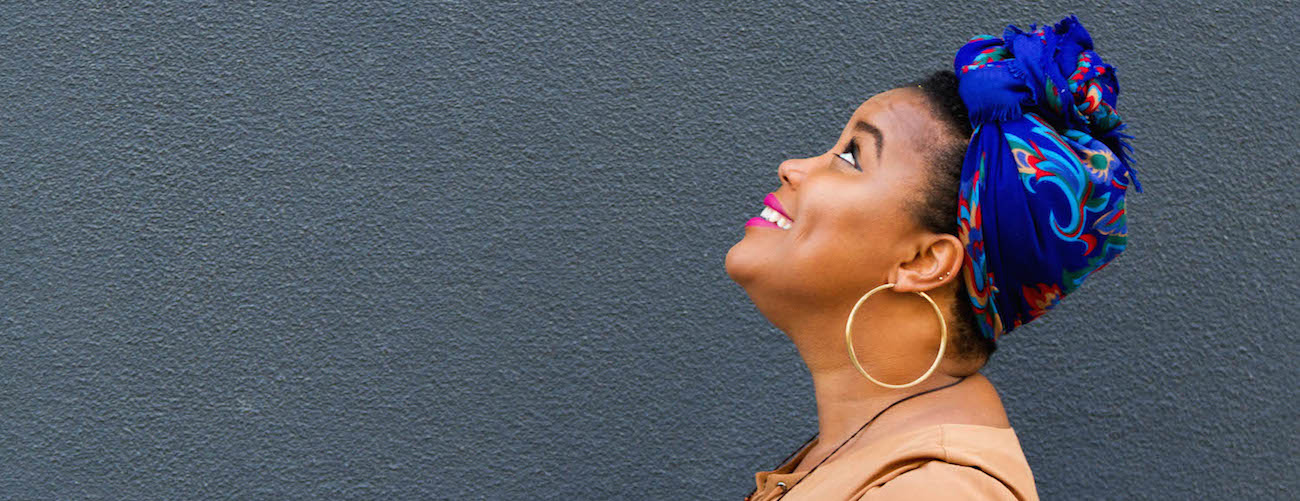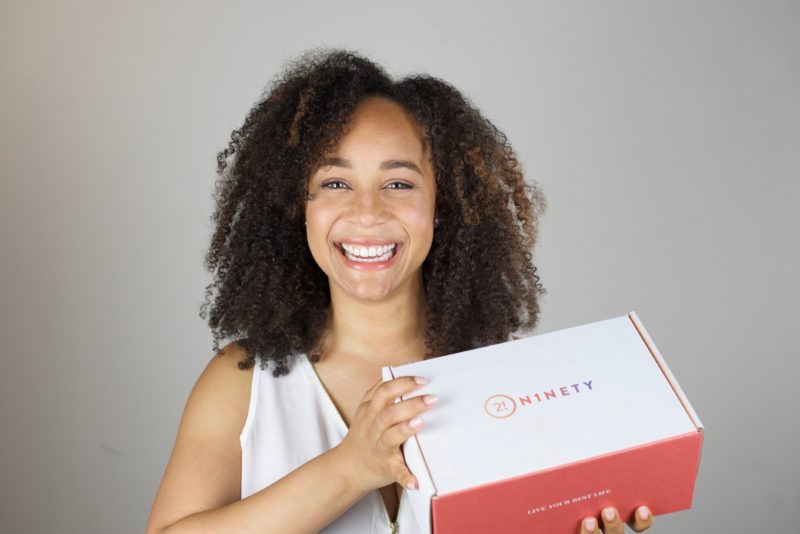Sign up for The Media Today, CJR’s daily newsletter.
Entrepreneur Morgan DeBaun saw a gap in lifestyle coverage catering to young women of color and wanted to do something about it. Her solution: 21Ninety, a lifestyle-news website featuring articles and videos on topics like beauty, health, and fitness through the lens of black women. As the founder of a news site for black millennials, Blavity, DeBaun realized the site offers less on the lifestyle front for black women, which account for 50 percent of Blavity’s audience. Her goal with 21Ninety, a spin-off funded by Blavity, is to help that audience succeed in life and find balance.
The name 21Ninety comes from the idea that it takes 21 days to form a habit (such as exercising regularly, or drinking more water), and 90 days for that habit to become a lifestyle change. The site, which launched in March, has quickly built an audience. Its daily newsletter averages about 15,000 readers per day, more than 86,000 people follow 21Ninety on Twitter, and the site has more than 100,000 followers on Instagram.
TRENDING: Jared Yates Sexton on Donald Trump Jr.’s tweets
“The world that we are trying to create is something that is actually accessible and approachable to the women who engage with our content,” DeBaun tells CJR. Interestingly, and perhaps due to her Silicon Valley background, she sees the venture as more brand and less news outlet. Examples of recent articles include favorite fashion looks from the 2017 BET Awards, expert advice on skincare for women of color, and a meditation playlist.
DeBaun declined to discuss financial details but said 21Ninety, which is run by a team of six, is currently funded entirely by Blavity and eventually will seek to monetize its audience.
Publishers have sought to profitably merge lifestyle content with journalism since at least the 1950s, but in recent years a spike of new offerings have joined the fray. Many major news publications have created standalone lifestyle publications. A few examples include WSJ., The Wall Street Journal’s lifestyle magazine, and T magazine from The New York Times. There’s an inherent tension: Lifestyle journalism is often seen as soft, with little news value. But it is an attractive avenue for advertisers and popular with audiences, too.
“Well-being has become a really important buzzword for our society,” says Dr. Folker Hanusch, a professor at the University of Vienna who studies lifestyle journalism. He argues that Western cultures have more time and money than previous generations. His theory is, more people are turning to media for advice on what to do with that time and how to ultimately live more fulfilling lives. He adds, “This content can provide some inspiration, also light entertainment, that may be something people are looking for when they get too down from political content.”
DeBaun mentions similar concepts when talking about why 21Ninety is needed now. “My mom was not thinking about how to be vegan or thinking about the ‘big chop’ (cutting off chemically relaxed hair to go natural),” she says. However, these are real conversations young women of color are having today and want answers to. So the team members sees their role as a service for readers. Their hope is that 21Ninety offers practical advice and guidance through stressful life transitions, like balancing succeeding at a new job while finding ways to be healthy and active.
RELATED: Black media has a plan to stay relevant as mainstream journalists encroach
“Lifestyle can be brushed off as trivial, or just about makeup or hairstyles, but I think just really planning out your day for that self-care, listening to what you need, or just adding things that are beneficial to your life that are not necessarily work related are really important,” says Christine Cauthen, the site’s lead editor.
Whenever she writes articles or prepares the daily newsletter—a mix of featured stories and advice to start the day—she says she envisions it like giving advice or having a conversation with a friend.
She admits what they are doing on its face is not new. There are tons of outlets that offer similar lifestyle advice—sometimes even turning their attention to women of color. But that’s exactly the problem they are working to remedy. The more popular lifestyle websites like Popsugar, Refinery29, and Well+Good don’t always consider the unique perspectives and struggles of women of color within their articles. Cauthen says the value added with 21Ninety is the fact that all this advice, for this specific community, is featured in one place.
DeBaun pauses when asked who she sees as 21Ninety’s competition. When people think of black lifestyle media brands, names like Essence (which is no longer black owned) and Ebony (sold last year to a black-owned private equity firm) come to mind, but these outlets are still tied to print publications and attract a wide range of age groups. On the digital side, outlets like HelloBeautiful and MadameNoire have attracted attention, but DeBaun argues they are still missing the core niche audience of millennial women of color.
She says her competitors include Refinery29 and Bustle (an online media outlet “for and by women”), because each will dabble in articles aimed at young women of color. Isn’t that sad, she says: “We are so powerful and we have so much diversity. We need more help than Becky with the good hair.”
ICYMI: The influence and limitations of Black Twitter
Has America ever needed a media defender more than now? Help us by joining CJR today.




